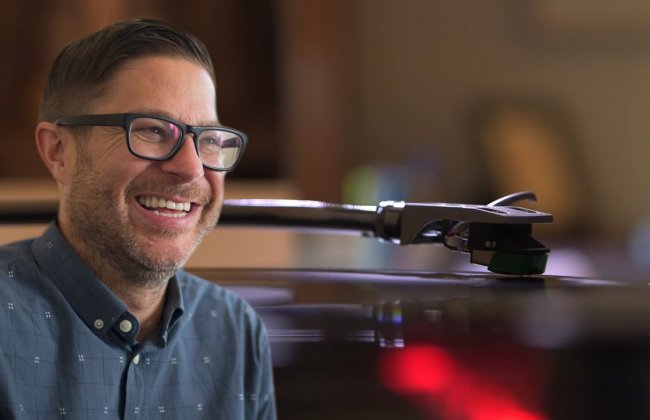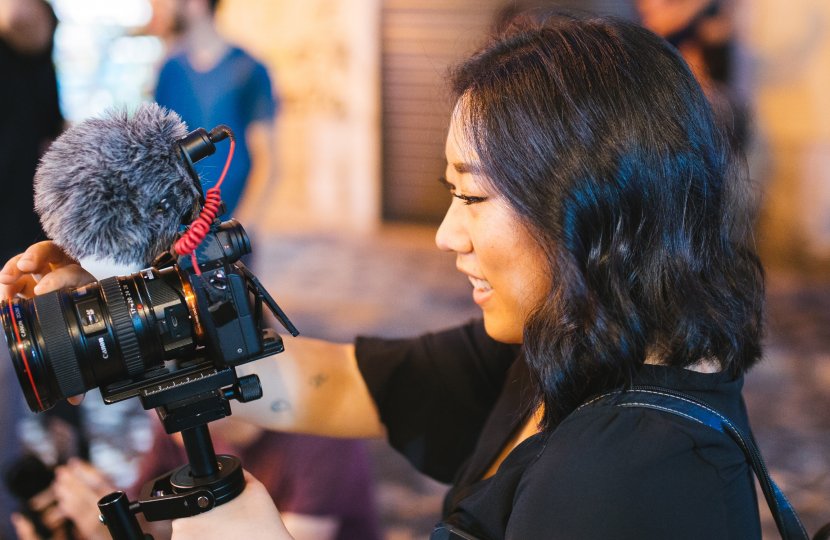The act of listening: The study of popular culture and music
Josh Kun, professor and Chair in Cross Cultural Communication, talks about the act of listening. In this short video, the award-winning cultural historian and expert on the intersection of arts, culture and politics shares how his focus on music extends to performative lectures, books he has written, a collaboration with the Los Angeles Public Library and a popular undergraduate communication course he teaches.







